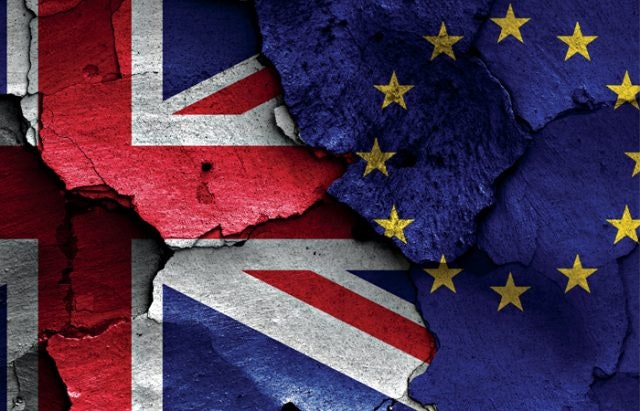Brexit: Reactions From the Transfer Pricing Industry

What does Brexit mean for the transfer pricing industry? We spoke to professionals and organisations to get a clearer view on how this historic vote affects the global tax landscape:
“While, globally, with BEPS the world is uniting in terms of international tax laws, the UK takes a step back in time and exits from the unified union to stand out on its own terms.”
Vatika Bhatnagar, Transfer Pricing Expert, Bharti Airtel
"As we have seen over the last few years, businesses can and will adapt to many situations and the entrepreneurial spirit of Scotland will no doubt prevail in the long term. In the short term however, what many multinational businesses in Scotland will not welcome is uncertainty around Scotland’s place in Europe, particularly during a period when international tax and transfer pricing is right at the top of the agenda for many."
Erica Goldsmith, Transfer Pricing, PwC Scotland
“Comparison of alternative IP holding jurisdictions, IP valuation and transfer, and royalty rate reviews will all be in the spotlight. The focus will also be on supply chain reviews, including risk allocation and the centralization of high-value functions, along with the resolution of existing transfer pricing audits or litigation.”
Danny Beeton, Managing Director, Duff & Phelps
“India is still a largely domestic driven economy but is no longer immune to global events as was the case in the past. UK serves as a very important trade partner and also serves as the gateway to EU. In the 2016 financial year, India-UK bilateral trade was worth $14.02 billion. India exported goods and services worth $8.83 billion while imports from the UK were at $5.19 billion. In the last five years, the trade has been more or less stable and BREXIT is unlikely to have a significant impact on this immediately.
Global commodity prices are likely to take a hit and would cap any possible adverse effect that could result from an immediate outflow of capital. While clarity will only emerge in the coming days, one can make an argument that getting out of the EU would enable Britain to forge new trade pacts with India and other countries, as it will be free from the vast set of rules that come with EU membership. I see this as a positive for India over the mid to long term.
For Indian companies operating in the UK, BREXIT could prove to be more problematic immediately. Currently over 800 such companies operate in the UK, employing more than 100,000 people in all. Indian companies will have to rework their existing strategies both for UK domestic market as well as UK as manufacturing base for exports. The overall impact depends on how the UK moves after the exit in the long run with respect to free trade agreements with EU countries or WTO-based arrangements.
In terms of currency, there is an expectation of a hit in the aftermath in the short term as risk aversion sets in the global markets. The RBI is likely allow depreciation in the INR in line with other emerging markets but will probably smoothen the down move. Important to note, that as of now we have record level of forex reserves and the currency is likely to depreciate more as a function of sentiment than fundamentals. Expect the INR to move closer to the 69 mark versus the USD in the near term. Further moves are likely to be dictated by the negotiations between the UK and EU. In case more negative news emerges from the EU and UK negotiations, a fall to 70 cannot be ruled out. It is also likely that the GBP may revert to levels below 90 as seen in the past.”
Anis Chakravarty, Partner, Deloitte Touche Tohmatsu India LLP
Want to contribute your voice to this discussion? We are still looking for commentators on Brexit for in-depth articles. Please do contact lorna.mackinnon@informa.com if this is of interest.